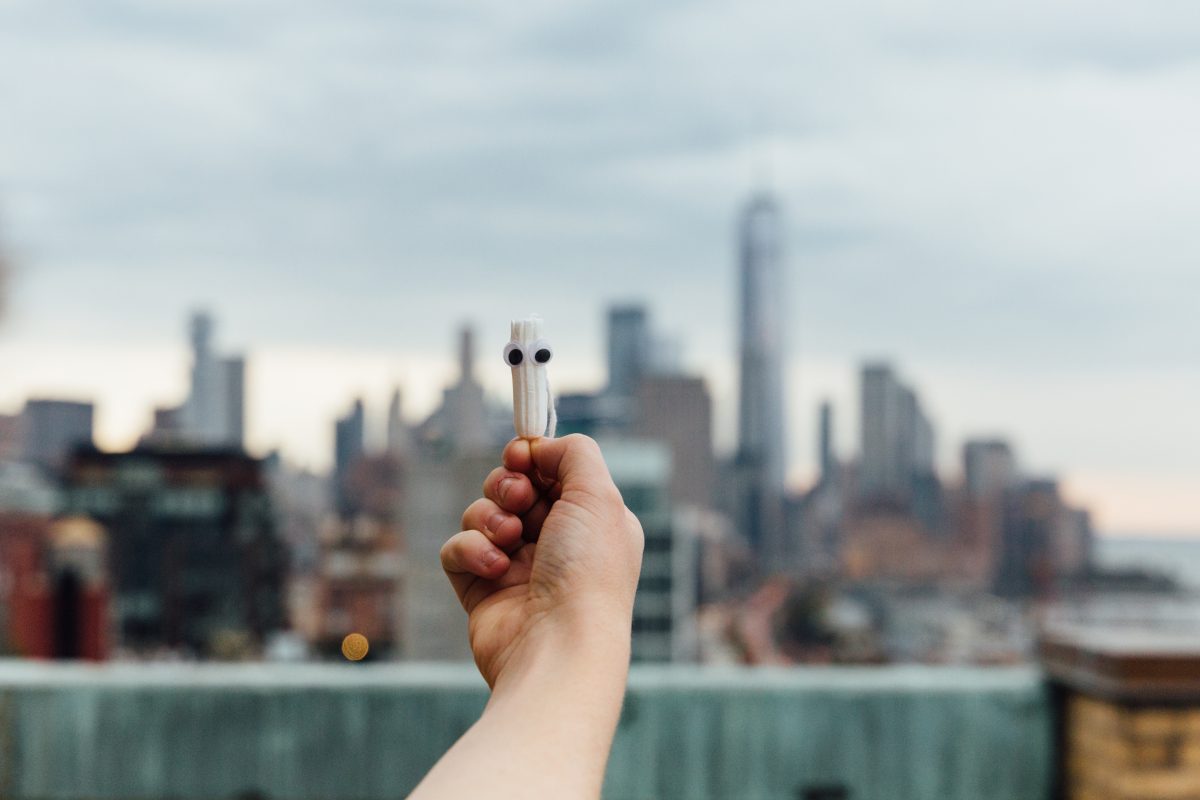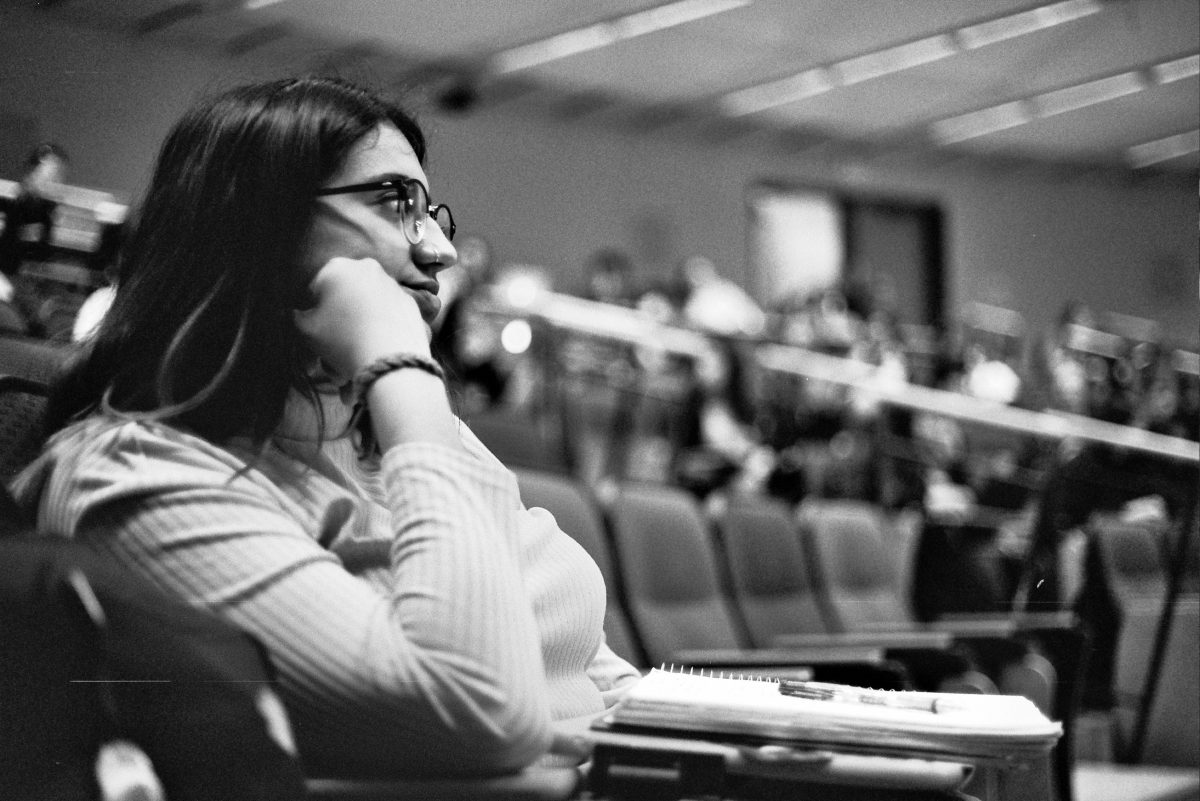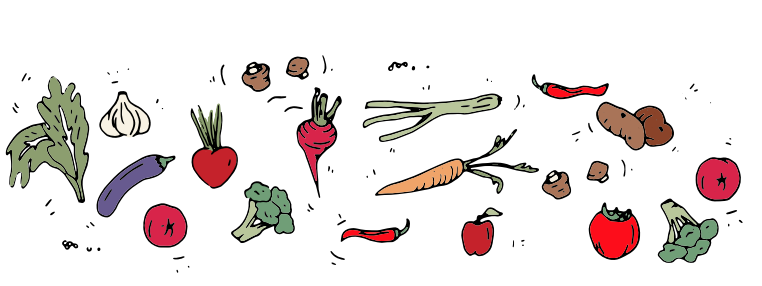The deep brown eyes that stare across the table from me drip with knowledge. It’s rare and humbling to sit close to a pair of eyes filled with as much life as these. Although they are kind, this is the first time I have seen them relaxed since the sun rose hours ago. They drift around the cabana, looking nowhere in particular. They wander from the ceramic cup of coffee in her hands to the pile of muddy rain boots in the corner. The casual way her eyes float around the room starkly contrasts the eyes she had when we first met, when they navigated a fiberglass canoe filled with tourists deep into the Amazon jungle. After three hours of maneuvering rapids and dodging fallen trees with nothing but her eyes and a 6-foot stick, it seems out of place to see her sitting still and drinking coffee. It is almost as though trekking through mud pits filled with quicksand, pointing out parrots nested nearly half a mile away and pulling ants out of a tree for a mid-hike snack is a normal day for her. I guess the secret here is that, for Lupe Tangoy Yumbo, it is.
***
Lupe, 44, is a native Ecuadorian woman who was born in an indigenous community in the Amazon Basin in April 1973. She speaks no English—just Spanish and Quechua, the native language of her tribe—and works as a freelance guide who leads groups of about a dozen tourists through the world’s largest tropical rainforest. She is currently working with the Cuyabeno Lodge, which lies in the protected area of the Cuyabeno Wildlife Reserve. This is the second largest national park in Ecuador and it protects 3,750 square miles of rainforest. The Cuyabeno Lodge is a two-hour boat ride from the nearest road and 65 miles from the nearest town. Lupe spends about 14 days every month with different groups in lodges near this area. She rises with the sun to introduce foreigners to bird species found only in this jungle, and spends hours after sundown with them navigating muddy waters of the Cuyabeno River searching for caimen, a native type of crocodile. She leads hikes through the jungle on an unmarked path only she can see. She teaches the medical properties of hundreds of different plants around the area. She builds bridges out of branches to guide tourists across fields of mud that swallow the legs of 6-foot men. At the end of the day, she returns to the lodge where she meets her fellow guides to fuel up on rice and plantains before the next escapade. She sleeps in a bunk, eats meals prepared by the small kitchen staff and answers an endless stream of questions every day. However, this was not always the relationship Lupe had with this forest.
She was born in the Zancudo Cocha Community, a small indigenous village located in the Napa providence of Ecuador. Her community had less than 30 people and was a seven-hour boat ride to the nearest town. Lupe is the eleventh of 12 children.
“We grew up without light, electricity or potable water,” she said. “We lived off the river.”
The concept of meals has changed drastically for Lupe since this time. In her community, they worked for everything they consumed. They fished in the river and hunted small game in the outskirts of the village. They had a vegetable field where they grew grains like yucca and maize.
“We collected water from the river for everything: to bathe, to drink, to wash our clothes,” she said. “We used candles made from the sap of nearby copal trees for light at night.”
As Lupe speaks about her community, a young girl—the daughter of one of the kitchen staff members—darts by our table carrying a doll. A soft smile spread across Lupe’s face.
“We never had toys growing up. We didn’t even know what toys were,” she said. “We played with other things—empty bottles, pieces of glass. Sometimes we made plastic jars into baby dolls just to hold. We were so isolated in this community. It was just us.”
When Lupe was 7, her father passed away after spending the majority of Lupe’s life in the Ecuadorian military. After that, her mother was left to raise 12 children alone as well as tend to the wellbeing of other community members.
“My mom was the community’s doctor,” Lupe said. Her duties included tending to cuts and bruises, identifying and curing illnesses and helping women during childbirth. She prepared natural remedies from the forest’s fauna.
“It was all traditional medicine, and everyone was healthy,” recalled Lupe. The people of the Zancudo Cocha community, who had never had a visit from a professional medic, are still the healthiest people she has ever known.
Tears filled Lupe’s dark brown eyes as she recalled the memory of her mother. “Whenever anything happened to anyone in the community, my mom was there, and she always knew how to fix it,” she said.
When Lupe was 13, her four youngest siblings left the community to go to attend secondary school in the nearest town, Lago Agrio. During this time, tension was rising between Peru and Ecuador. The two nations had been in and out of combat regarding territory since 1830, when Ecuador gained independence. These were nerve-wracking years. Lupe studied in Lago Agrio for four years before returning to her home. Upon her return, everything she missed about her small village had changed.
In 1994, the Ecuadorian military seized her community. They used the land as an undercover way to station themselves near the Peruvian border throughout the last year of the war.
“They didn’t have any respect for the families that lived there. They ate our crops, hunted the animals,” Lupe said. “My people were so afraid, we couldn’t sleep.”
After six months of living in these conditions, Lupe’s family was forced to leave Zancudo Cocha. The community’s prime location had become so valuable to the military that they declared it their own and ordered everyone who lived there to leave. They had to abandon their village, the only place anyone in her family had ever called home.
They migrated north to Lago Agrio, where they bought land and built a small house. The transition away from her isolated community took a toll on everyone in the family. “The noise, the light, the contamination in the air— we all got sick when we first arrived,” she said. “We were accustomed to a completely different lifestyle.”
Six years after the move, Lupe’s mother passed away. “My mom, she died of sadness,” Lupe said. “The complete change of lifestyle is what killed her.”
Lupe and her siblings worked odd jobs in the city, searching for anything they could do to sustain this new life. One of Lupe’s more memorable jobs was as a maid in a local hotel. This is where she was first introduced to tourism. “I quickly realized I loved the world of hospitality—I loved working with people,” she said. “I started dreaming about being a guide.”
At the time, however, becoming a registered guide required a lot of work. Lupe started studying the protocol when she wasn’t working as a maid or taking care of her three boys. After many years she made the leap and applied to a guide-training program. She was accepted.
The preparation process took more than six months in total. Lupe and her peers studied the theories behind tourism and hospitality and learned from guest professors who came to lecture across the country. They spent time in the field, learning from current guides and testing their own knowledge of the jungle. Although many guides-in-training also grew up in the jungle, Lupe had a slight advantage. The names and uses of hundreds of plants had been ingrained in her brain since youth.
“Everything I knew about the plants, I learned from my mother,” she said.
After training, Lupe waited five months before hearing she had received her license and was finally considered a certified Amazon Guide.
Lupe has now been a guide for a little more than six years. She has developed relationships with people from every corner of the world, and her knowledge of Amazonian plants and animals has grown more than she could have imagined. She spends her days working in the forest she grew up in. But this is not the same forest she called home many years before.
“In the last two years, the animals have become more and more absent,” Lupe said. “All the noise we are creating has driven them away from the river and deeper into the forest.” Numerous lodges have been built in the Cuyabeno Wildlife Reserve in the past two years to accommodate tourist interest. More lodges mean more people, which quickly leads to more canoes, sound and disruption.
This is a complicated situation for people like Lupe to navigate—it makes the treacherous Cuyabeno River seem like a kitty pool. On one hand, this increase in tourism is huge for her industry. Business has boomed in the last two years and she has had a surplus of work. However, she also has a front seat view of the many ways this industry disrupts her jungle.
“I think the best way to counteract this impact is by focusing our efforts on delivering high-quality visits, instead of focusing on the quantity of visits,” she said. She pictures an industry that demands outstanding experiences instead of one that demands as many mediocre experiences as they can provide.
Lupe thinks the activities that take place during the trip need to change as well. “We need to reevaluate what we are doing with the tourists, and redesign our trips to be more sustainable,” she said. More sustainable trips could be attained with little change. For example, instead of taking tourists on a hike through the middle of the forest, the guests could be led on hikes closer to the outskirts of the lodge, which would give the forest time to recoup.
“I hope someday, everyone that works in this business realizes the future of this forest depends on us, the employees,” Lupe said. They are the ones who know the forest best, who see changes in biodiversity as they happen. They have the knowledge and capability to communicate the forest’s needs back to the directors of their business, one that is simultaneously promoting the protection and destruction of the Amazon.
As Lupe discussed the future of her home, a swirly mix of courage and fear rippled through her dark brown eyes. She caught the eye of a fellow guide across the cabana, who waved her toward him. Her brown eyes looked apologetically into mine.
“I’m afraid that’s all the time I have. Now, it’s time to hunt down an anaconda.”








![[Photo Courtesy of the Lara Family]
Ruben embraces his beloved childhood goat, Katrina.](https://ethos.dailyemerald.com/wp-content/uploads/2025/05/katrina-1-1060x1200.jpg)


